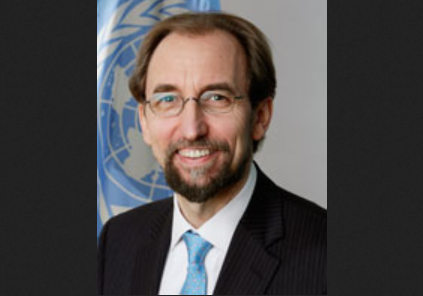Similarly, in Tripoli, since July a number of activists and other public figures have been abducted, received threats or had their homes looted or burned. One prominent human rights defender received text messages warning him to stop his advocacy work or else his children would be abducted and killed.
Women activists are particularly vulnerable and pressured to abandon public roles. One rights advocate reported that she had received several calls from armed groups warning that if she continued writing on women’s rights, she and her children would be killed. She and her family have since left the country. In another case a human rights advocate and lawyer who had taken part in a public debate on women's rights received anonymous phone calls and text messages warning her that she would be abducted and killed.
Several human rights and political activists have also been targeted on social media. In one case, an activist was abducted soon after he was threatened on Facebook.
Media professionals also continue to be targeted. A journalist in Tripoli reportedly left the country after receiving death threats on social media, as well as threats against his family. Another was abducted for four days in September. On 10 October, Mu’adh al-Thlib, a journalist with al-Aseema Television, was abducted in Tripoli and released three days later. On 8 October, al-Mu’tasem al-Warfalli, a journalist with the Libya al-Watan radio station, was shot dead in Benghazi.
“I condemn these attacks, which are taking place with impunity, with police officers, prosecutors and judges themselves being targeted by armed groups,” High Commissioner Zeid said. He urged the Libyan authorities to take all possible measures to undertake prompt, thorough and impartial investigations, to hold those found responsible to account, and to ensure an effective remedy for victims.





